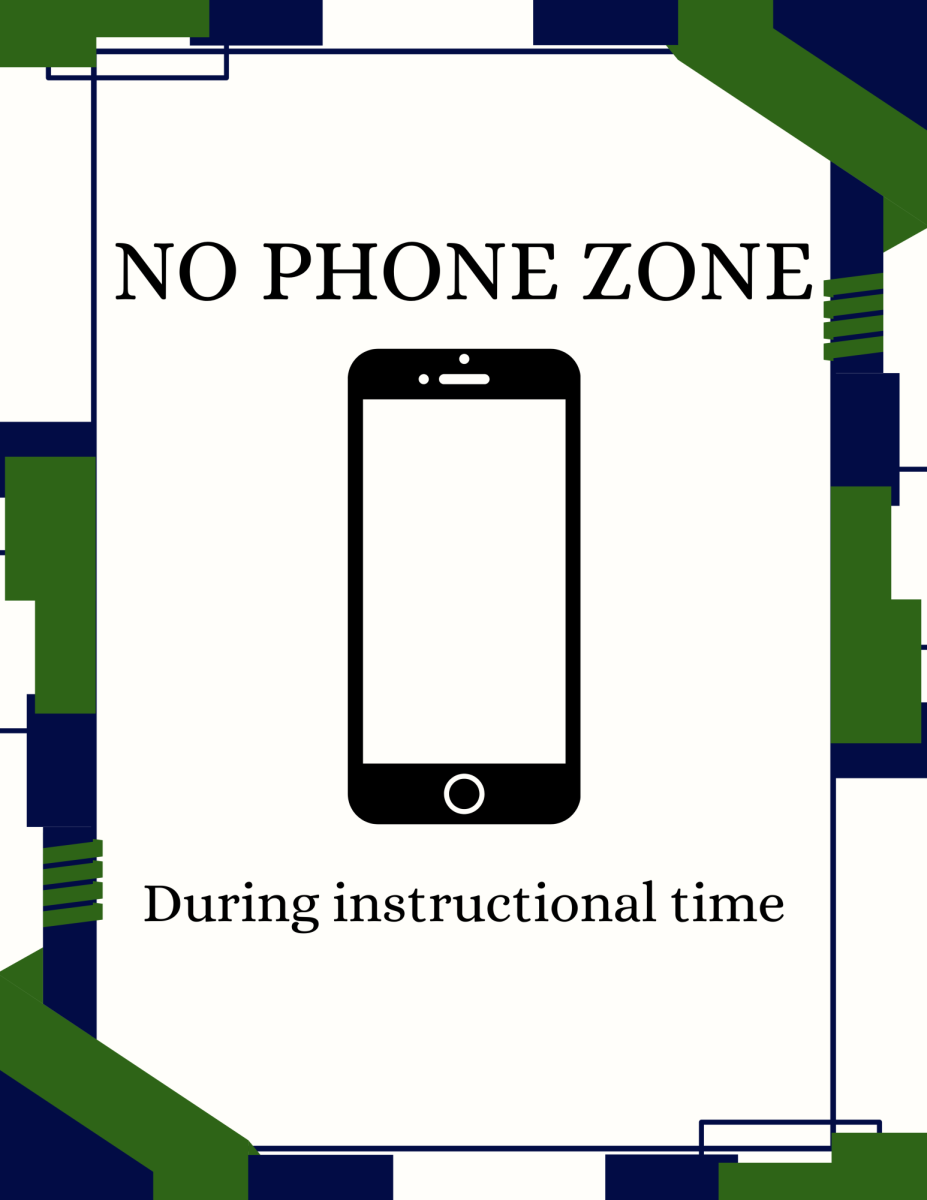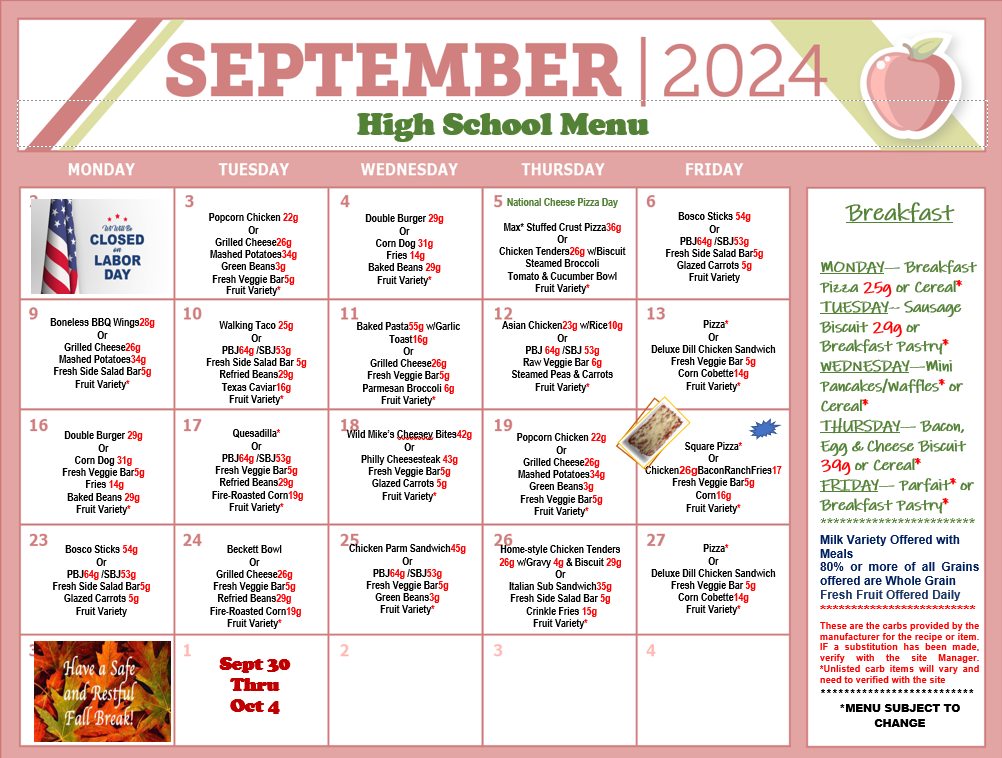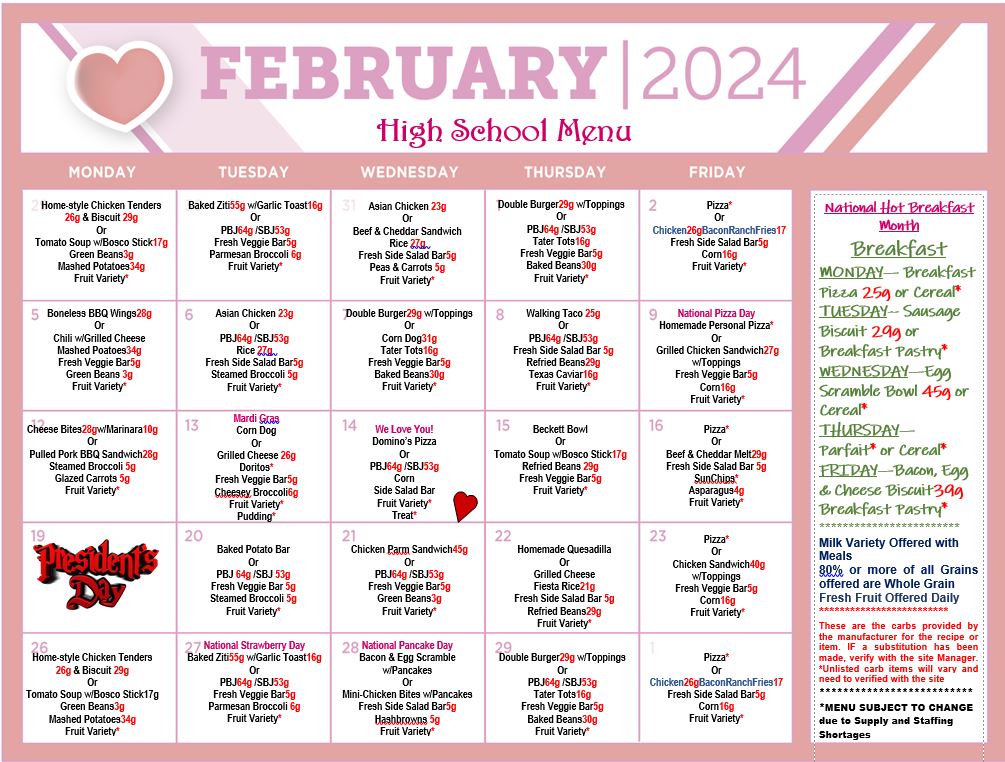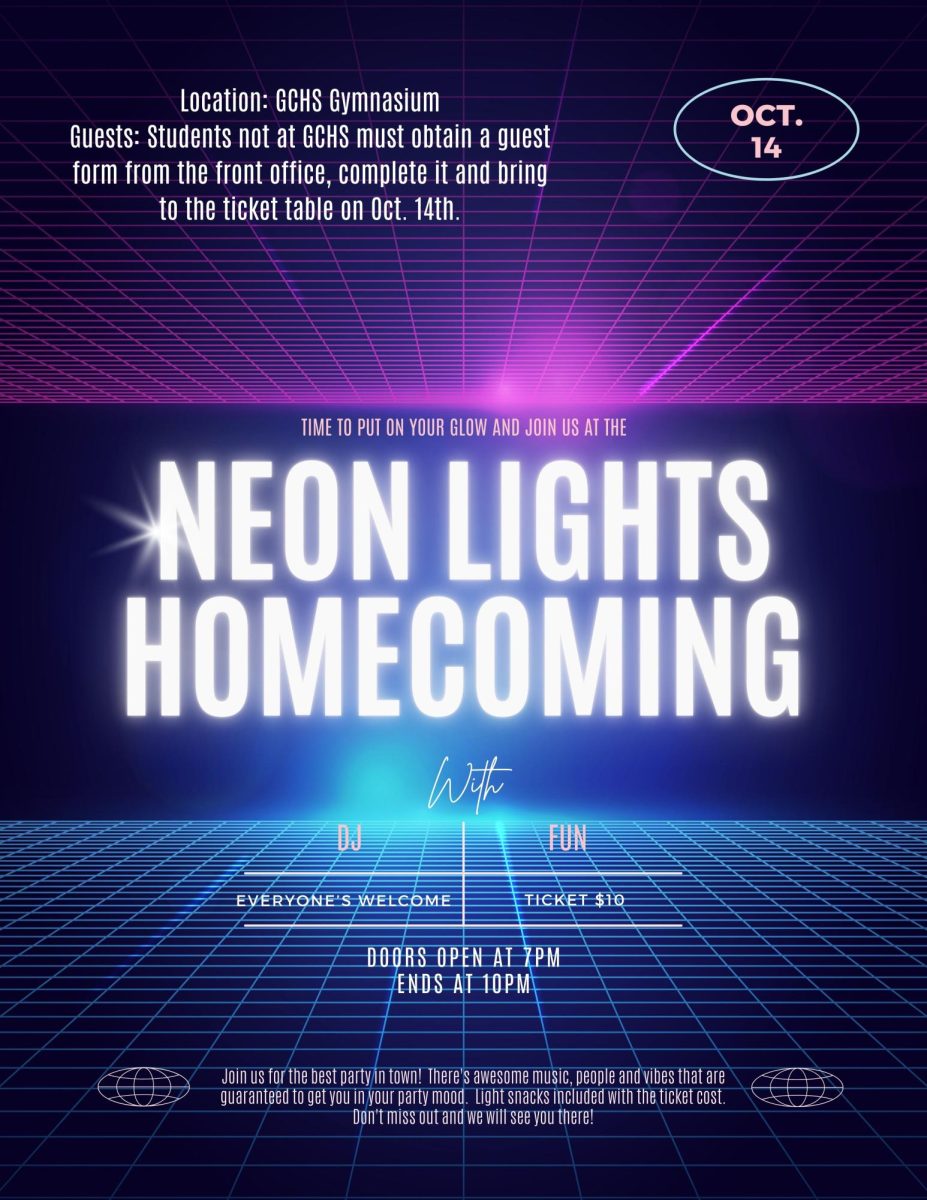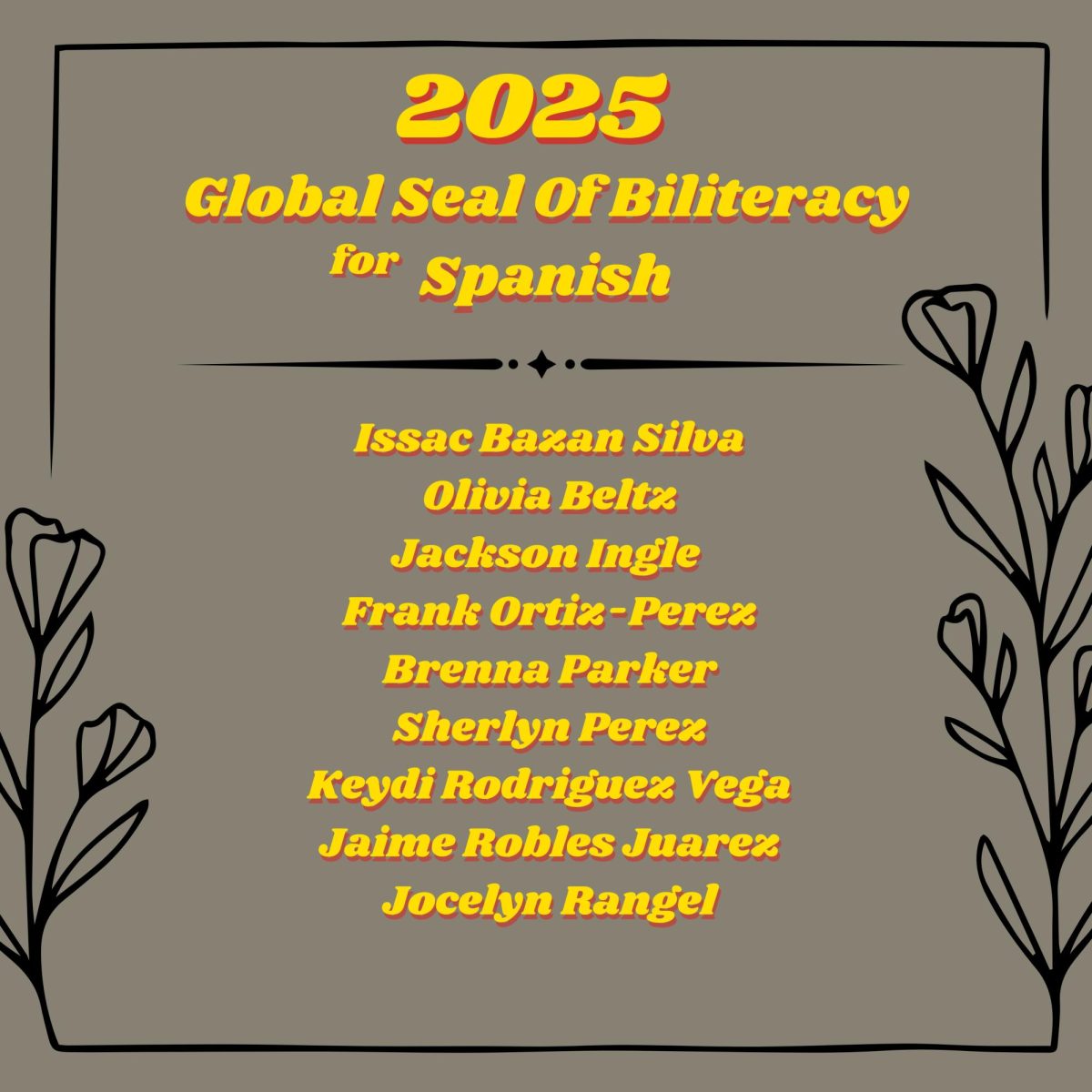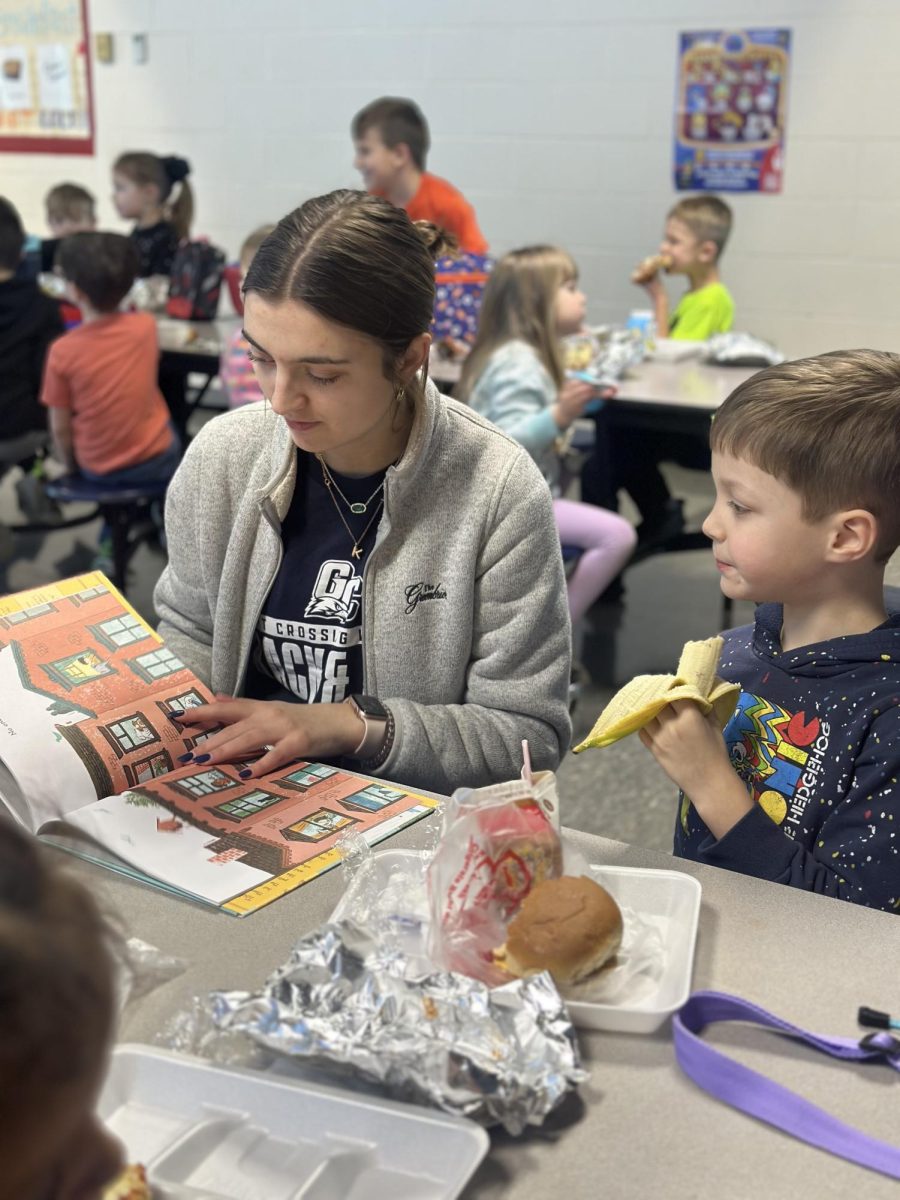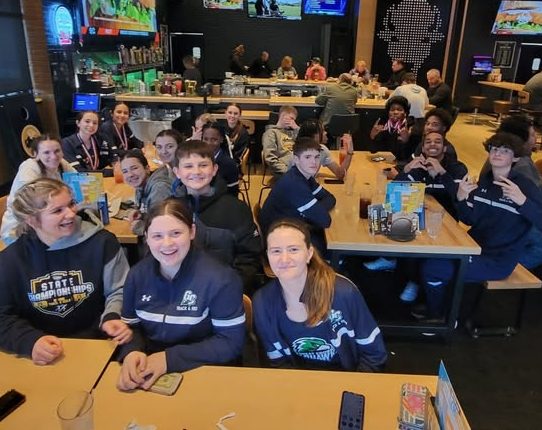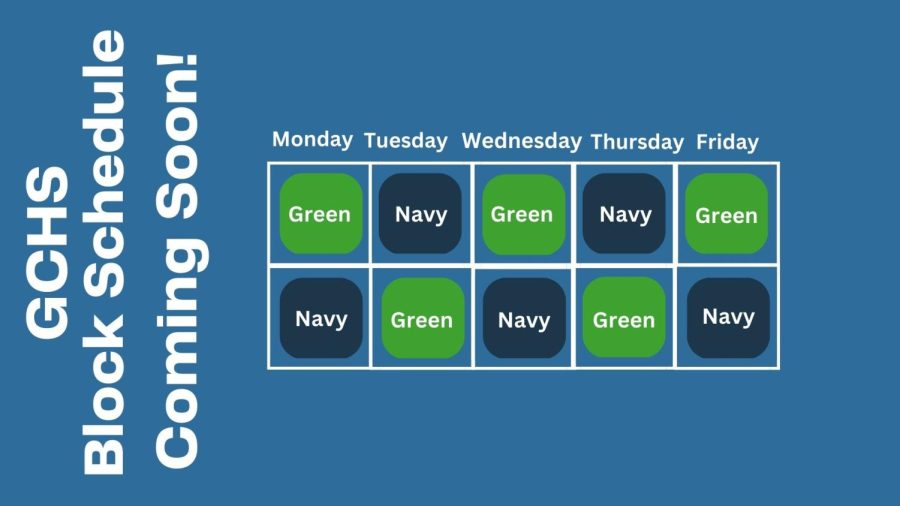GCHS Prepares to Switch to a Block Schedule
April 10, 2023
As this school year comes to a close, it’s time to start planning for the year ahead. Students have recently been informed that GCHS and SCHS will move from a traditional 6 period schedule to a form of block scheduling, and a plethora of questions have arised from it.
Block-scheduling is a way of designing classroom schedules for students so they have extended class time (90 minutes) but fewer classes per day. It is different from a traditional schedule where students have about 50 minutes of class time per subject each day. Next year, GCHS students will have 8 classes, and green and navy days. Four classes will be designated as green day classes, with the others being navy day classes.
Counselors and other administrators feel that the change will be a positive one. Counselor Nick Maxwell said, “This will allow students to take more classes they’re interested in without having to choose between courses as much. It also helps ECS students get in their foreign language while taking band/chorus.”
Students are excited for the academic benefits block-scheduling will offer their education. Sophomore Jamie Toole said, “I think block-scheduling will help students have more opportunities to choose from. With fewer courses a day, it allows more time to explore each daily lesson and dive deeper into learning objectives. It’s also great for teachers, because they can cover more material within the time block.”
Many teachers are comfortable with the idea of moving to a block-schedule. Tia Beltz, Spanish department chair, is a foreign language teacher who is looking forward to block-scheduling and how it will benefit elective classes. “What I love most about block scheduling is how it opens up elective options for students. I am excited about the possibility of exploring different interests, and I always hope they will include a world language in their schedule!” she explains.
Beltz is excited about high school being the place to explore new content areas. She said, “It is much more difficult to try different classes in college when you have to pay for those credit hours. A class a student might take won’t necessarily be a future career, but could be a hobby or side business. In the World Language Department, we are seeing class sizes grow, we are offering some different electives within the department, and that is only because we will move to block scheduling. As we continue to grow, the World Language department plans on starting a dual credit class to help more students earn college credit before stepping on campus.”
However, the problem counselors believe students will have is getting used to the longer class periods and additional classes. Maxwell said, “I wonder how students will handle the longer classes and the two additional classes that they will now be responsible for next year.”
Sophomore Cooper Duvall is also concerned about block-scheduling. He said, “I’m worried I will forget what classes I have on one block, or where the classes are.”
Jenna Landacre, assistant principal, believes that students will adapt quickly to the new schedule. “I’ve taught using block-scheduling, and kids seem to catch on pretty quickly. There are actually less locations for students to go to daily than our current schedule.”
Although some may worry about the increased time in class and a larger class load, block-scheduling will bring about new opportunities for students, and allow students to try a wider variety of classes.


